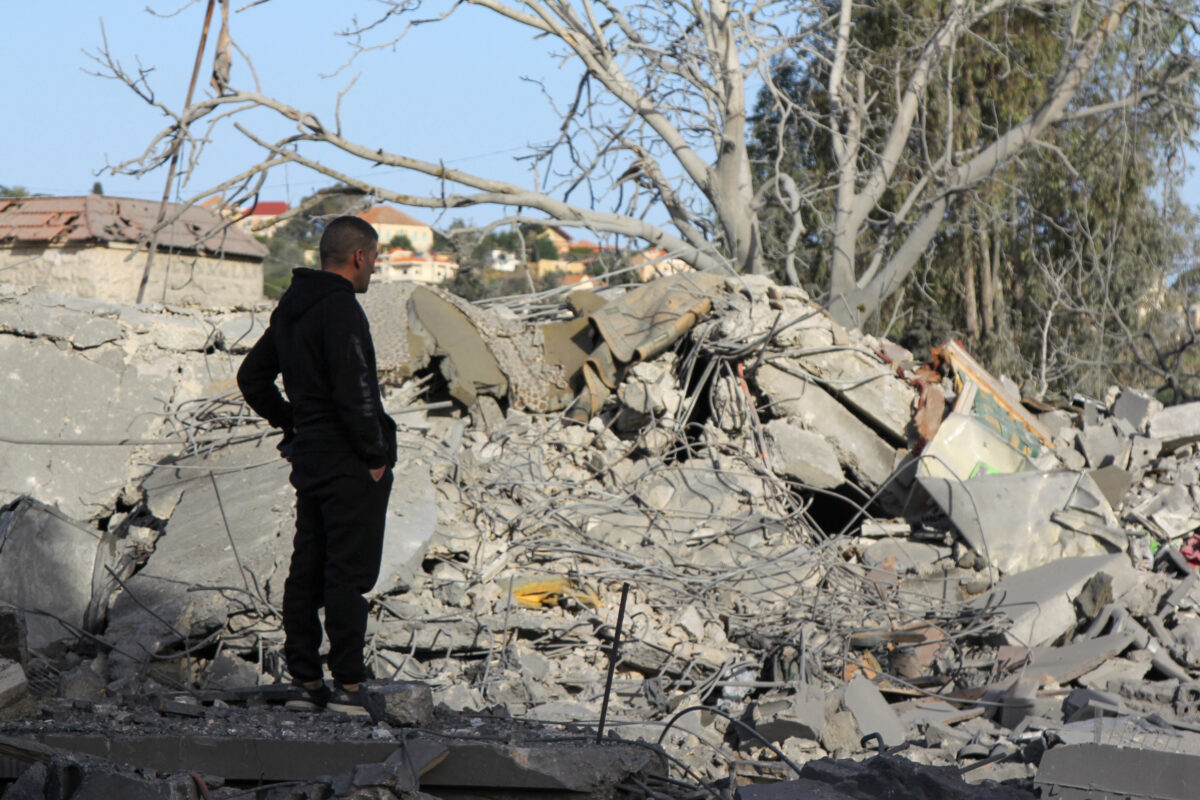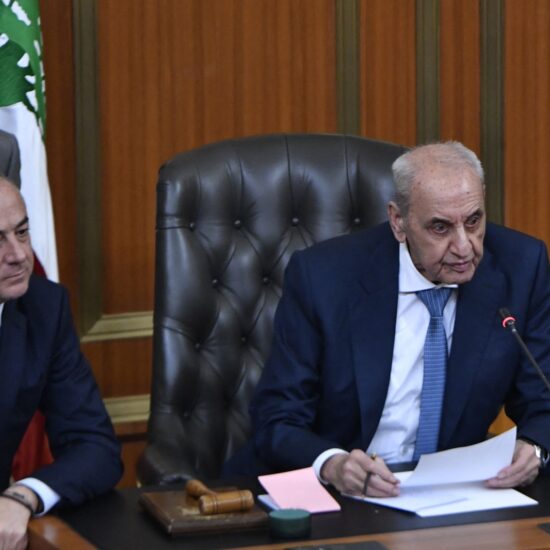
Exploring the intricate dynamics of diplomacy and rising tensions in the Middle East amid key international visits and proposals for regional stability.
Amid the growing tensions in southern Lebanon and global diplomatic activities, concerns over a major conflict heighten in the Middle East. The visit of U.S. special envoy Amos Hochstein to Lebanon has further highlighted these complexities. During his visit, Hochstein remarked that a Gaza ceasefire doesn’t automatically imply a similar truce in Lebanon. This has intensified worries about the area’s instability. His comments reflect the unease surrounding Hezbollah’s position and its hesitation to retreat to the Litani River, accentuating Israeli fears of a steadfast adversarial presence on their doorstep.
In the context of mitigating tensions in Lebanon, France has proactively drafted a proposal aimed at de-escalating the situation, demonstrating its commitment to regional stability. Meanwhile, Iran has maintained a relatively low profile, yet its influence within the region, especially with groups like Hezbollah, remains significant. Conversely, Saudi Arabia has been more vocal, advocating for the establishment of a Palestinian state, which reflects its broader regional aspirations and the kingdom’s strategic positioning. These actions by France, Iran, and Saudi Arabia exemplify the diverse and multi-layered approaches being undertaken by international and regional powers to address and potentially resolve the ongoing conflicts in the Middle East.
In this nuanced context, Benny Gantz’s recent visit to the United States emerges as a very important moment, symbolizing potential new conduits of dialogue within the Israeli government receptive to international concerns. This development signals an evolving dynamic where the U.S. is endeavoring to engage with Israeli officials who may be more amenable to collaborative approaches for regional stability.
The core issue at hand therefore extends beyond the potential for large-scale conflict, diving deep into the strategic endgames of key global and regional actors. The resilience and popularity of groups like Hezbollah within their communities render their complete eradication a near impossibility—a reality seemingly acknowledged by the U.S. but overlooked by Netanyahu. The likely scenario involves the U.S. not just conceding a military win to Hezbollah but also engaging them in negotiations, recognizing a shift towards what could be termed a Shia dynasty, paralleling past Sunni and Maronite dominances.
Thus, the discourse expands significantly on two critical fronts. Firstly, it addresses the necessity to avert war escalation, which is intricately tied to Netanyahu’s political legacy. This aspect not only concerns Israel but also has broader implications for regional stability. Secondly, it examines Lebanon’s strategic considerations and potential responses to an emergent post-war Shia leadership. This deliberation is imperative as it shapes Lebanon’s political landscape and determines its position within the broader Middle Eastern context. Both aspects underscore the urgency of shifting focus from mere conjecture about warfare to tangible measures for conflict prevention and thoughtful contemplation of Lebanon’s future governance and alignment within the region’s evolving dynamics.
As the international community and regional players stand at this pivotal crossroads, the urgency for peacebuilding cannot be overstated. The path chosen will profoundly impact the Middle East’s trajectory, underscoring the dire need for diplomatic engagement over destructive conflicts. In this precarious context, striving for peace is not just strategic but a moral imperative to prevent a bleak outcome for all involved.
Ramzi Abou Ismail is a political psychologist and researcher at the University of Kent.








